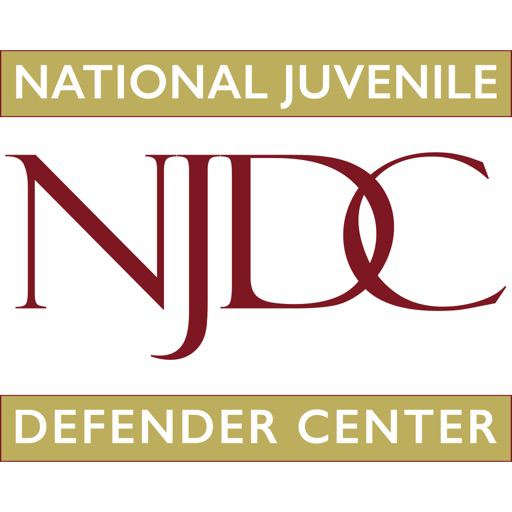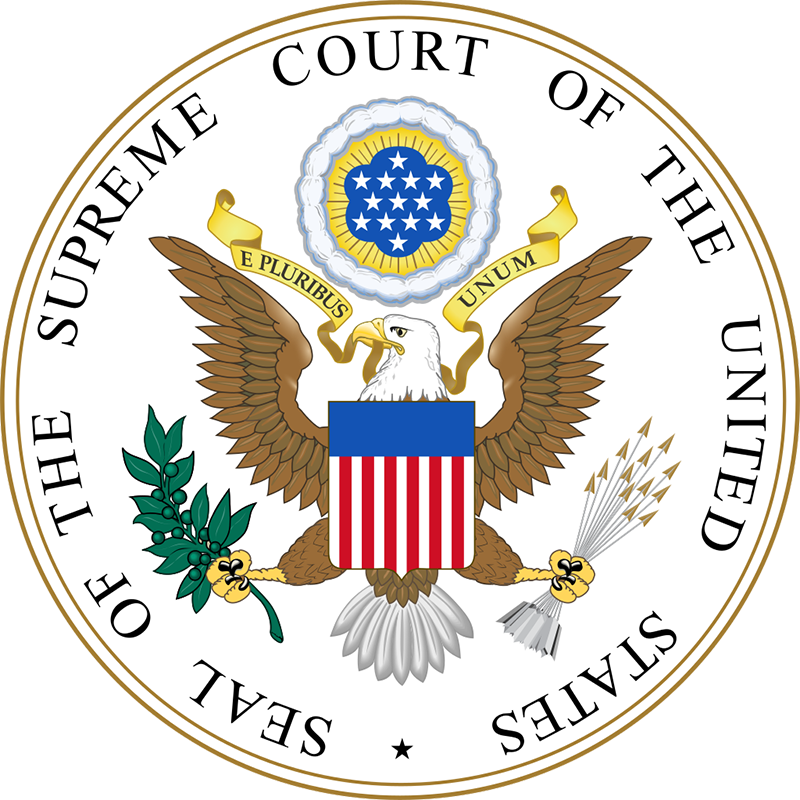United States Courts - Article III of the Constitution helped create the United States Courts. Congress also created several legislative courts, such as the U.S. Court of Appeals for Veterans Claims, U.S. Tax Court, and U.S. Court of Appeals for the Armed Forces. Federal courts hear cases in which the United States is an interested party, bankruptcy cases, disputes between states, maritime law, and cases involving the violation of federal or constitutional laws. Additionally, the courts help decide what happened, what should be done about the situation, if a person committed the crime, and what punishment to give to the persons.



























